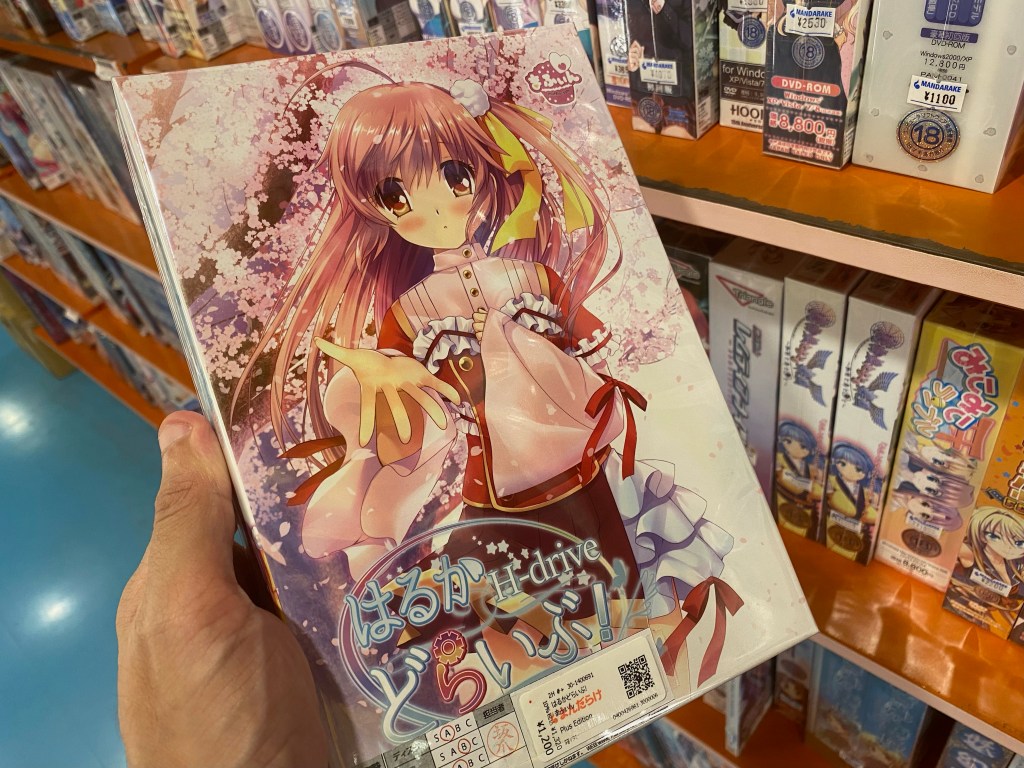TOKYO – Japan held a state funeral for its assassinated former prime minister Shinzo Abe on Tuesday, in an elaborate ceremony that has divided the Japanese public.
The country has been grappling with the legacy of Abe, Japan’s longest-serving prime minister, since he was fatally shot in broad daylight at a campaign stop in July.
Videos by VICE
As crowds lined up on Tuesday morning at memorial sites to lay flowers and pay their respects to the ex-leader, thousands marched against the state funeral, the first such event for a Japanese leader in 55 years.
Protesters complained about the financial burden of the ceremony, which features a 19-gun salute and comes with a roughly $12-million price tag. Some opposition lawmakers boycotted the funeral and a man in his 70s set himself on fire last week in an apparent protest of the service.
“It’s unbelievable that the cabinet decided it internally,” Kaoru Kinoshita, a Tokyo resident who joined a protest near the funeral venue on Tuesday, told VICE World News, referring to the ruling Liberal Democracy Party’s decision to hold the state funeral. “If Japan plans to use taxpayer money, then at least it must be put to a vote in the parliament,” he said.
Critics of Abe, who once led the party, also pointed to the politician’s association to the Unification Church, a fringe religious group. Abe’s suspected killer blamed the church for bankrupting his family and faulted Abe for supporting the group.
Fumio Kishida, the current prime minister and leader of the party, has seen his approval ratings sink to a new low largely due to newly revealed ties between party members and the church. As public scrutiny mounted, the Liberal Democracy Party disclosed earlier this month that 179 out of 379 members it surveyed had interacted with the church.
A recent poll by the Japanese newspaper Mainichi suggested that a majority of Japanese people opposed holding the state funeral.
Tadao Miyagi, a 68-year-old Tokyo resident, criticized hosting a state funeral for someone with ties to the Unification Church, which has been accused of raising funds using coercive tactics.
“They’re a terrible group,” he said. “If the government wanted a funeral for Abe, then the ruling party and the Unification Church should’ve organized it instead of using public funds.”
Kishida last month apologized for his party members’ ties with the controversial church, which was founded in South Korea in the 1950s and is known for its mass weddings and links to political conservatism.
The Tuesday funeral at Nippon Budokan Hall in central Tokyo was attended by over 190 foreign dignitaries including Indian Prime Minister Narendra Modi, Australian Prime Minister Anthony Albanese, and U.S. Vice President Kamala Harris.








